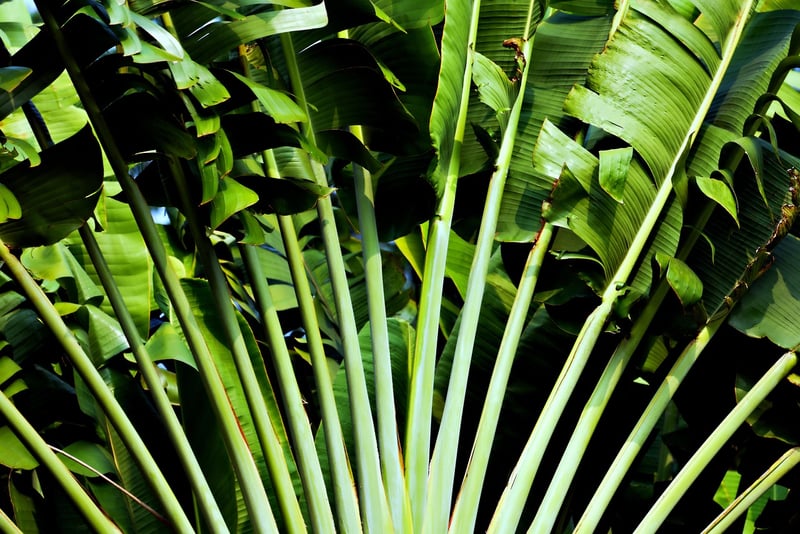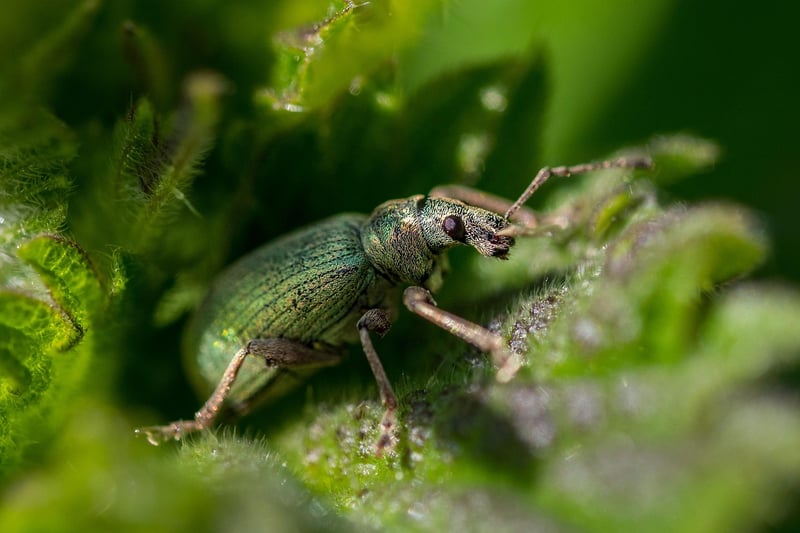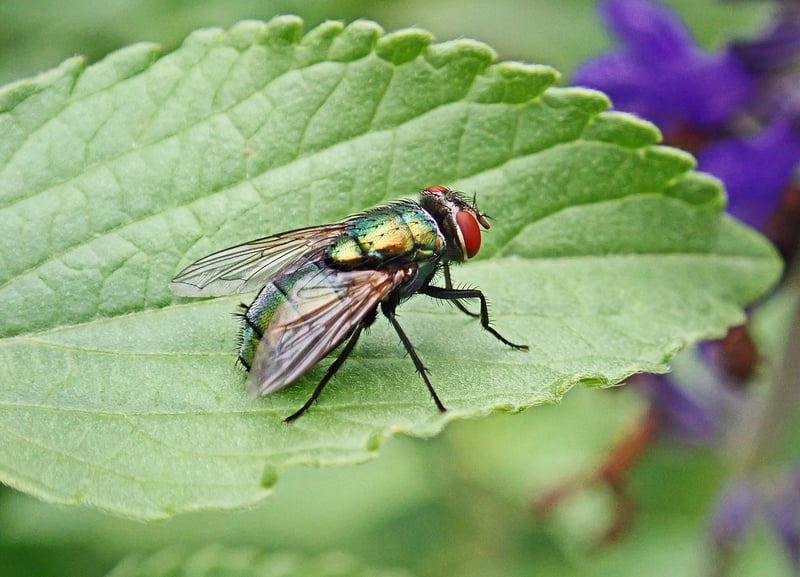Common Pests
Essential Care Tips for Healthy Plants
Plants are a beautiful addition to any home, but they require proper care to thrive. Whether you're a seasoned gardener or just starting, here are some essential tips to keep your plants healthy and vibrant:
1. Light
Place your plants in an area that receives adequate sunlight according to their specific needs. Some plants require direct sunlight, while others thrive in indirect light.
2. Watering
Water your plants regularly, but be careful not to overwater. Check the soil moisture level before watering to avoid root rot. Different plants have different watering needs, so it's essential to understand the requirements of each plant.
3. Proper Drainage
Ensure your pots have drainage holes to prevent waterlogging. Good drainage is crucial for plant health as it helps prevent root rot and fungal diseases.
4. Humidity
Some plants require higher humidity levels to thrive. You can increase humidity by misting the leaves, using a humidifier, or placing a tray of water near the plants.
5. Fertilization
Feed your plants with a balanced fertilizer to provide essential nutrients for growth. Be cautious not to over-fertilize, as this can harm the plants.
6. Regular Pruning
Prune your plants regularly to promote healthy growth, remove dead or yellowing leaves, and prevent overcrowding. Pruning also helps shape the plant and improve air circulation.
Common Pests
Despite your best efforts, plants may still fall victim to common pests. Here are some of the most prevalent plant pests and how to deal with them:
1. Aphids
Aphids are small, soft-bodied insects that feed on plant sap. To control aphids, you can spray your plants with a mixture of water and mild soap or use insecticidal soap.
2. Spider Mites
Spider mites are tiny pests that suck plant juices, causing stippling on leaves. To combat spider mites, wash your plants with a strong jet of water or use neem oil.
3. Mealybugs
Mealybugs are white, cottony pests that feed on plant sap. Remove mealybugs manually with a cotton swab dipped in rubbing alcohol or use insecticidal soap.
4. Fungus Gnats
Fungus gnats are small, flying insects that lay eggs in the soil. To control fungus gnats, allow the soil to dry out between waterings and use sticky traps to catch adult gnats.
By following these essential care tips and being vigilant against common pests, you can ensure your plants stay healthy and beautiful for years to come.


